Ari Kiev – Mastering Trading Stress
$12.00
Product Include:
File size:
Ari Kiev – Mastering Trading Stress
**More information:
Get Ari Kiev – Mastering Trading Stress at Salaedu.com
Description
In Mastering Trading Stress, author Ari Kiev—a psychiatrist who specializes in stress management and works extensively with traders—offers examples, transcripts of conversations, and personality profiles of real-life traders to illustrate how stress affects their ability to perform at their best. Drawing on his vast experience, Kiev describes a variety of practical techniques that can be used to handle destructive emotions and out-of-control feelings, including his “Most Basic” stress busters, and tells what to do if a breakdown should occur.
TABLE OF CONTENTS
Preface.
Acknowledgments.
Introduction.
CHAPTER 1: THE NATURE OF STRESS: WHAT IS STRESS AND WHY IS IT A PROBLEM?
The Fight-or-Flight Alarm.
Differences in Stress Responses.
Personality Factors.
The Stages of Stress.
Taking It Step-by-Step.
CHAPTER 2: THE EMOTIONS OF STRESS: WHAT NEGATIVE EMOTIONS ARE EXPERIENCED AS A RESULT OF STRESS?
Fear and Greed.
Guilt.
Worry.
Anger.
Euphoria.
CHAPTER 3: THE DANGERS OF TRADING UNDER STRESS: HOW DO ATTEMPTS TO HANDLE STRESS CREATE PROBLEMS FOR THE TRADER?
Trading Despite Stress.
Avoiding the Stress.
Creating a Social Persona.
Competing to Win.
Being Indecisive.
CHAPTER 4: HOW FEAR INHIBITS MASTERY: CAN YOU LEARN TO LESSEN THE CENTRAL EMOTION OF FEAR?
Responding to Fear.
Disciplining for Success.
Relinquishing the Need to Be Perfect.
Maintaining Psychological Energy.
Starting with a Clean Slate.
CHAPTER 5: THE CONSEQUENCES OF NEGATIVE EMOTIONS.
Greed and Risk Management Errors.
The Difference between Confidence and Arrogance.
Mistakes of Insecurity.
Why Not to Avoid Negative Feelings.
How Negative Emotions Lead to Impulsive Behavior.
CHAPTER 6: PERSONALITIES AND STRESS.
List Makers (Analytical Thinkers).
Intuitive Thinkers.
Optimist/Pessimist/Realist.
Are You Confident or Insecure?
Make the Most of Your Personality.
A Winning Personality.
CHAPTER 7: EGO AND OBSTINACY.
A Stubborn Nature.
Refusal to Accept Commands.
Difficulty with Management.
CHAPTER 8: FEAR AND FAILURE.
Afraid to Win.
Failing to Commit.
Moving Forward.
CHAPTER 9: PERFECTIONISM AND PARALYSIS.
The Problem 124
Finding a Solution 124
What about You? 128
CHAPTER 10: FAILING TO MANAGE RISK.
Risk Management for a Vision.
The Psychology of Risk.
The Importance of Self-Analysis.
Asking the Right Questions.
Assessing Your Attitude toward Risk.
Looking for the Positive.
Relaxation and Risk.
Taking Responsibility.
CHAPTER 11: FAILURE TO DIG DEEPER.
Discerning the Importance of Data Analysis.
Too Much or Not Enough?
Gathering the Information.
Reducing Stress.
CHAPTER 12: FAILURES IN SHORTING.
Reluctance to Short Stocks.
Stress and the Short Squeeze.
Steps of a Good Short Seller.
CHAPTER 13: LEARNING TO LIVE WITH STRESS.
Learning to Observe.
Creating New Life Principles.
Reframing Negative Thoughts.
Choosing an Objective.
Defining New Priorities.
CHAPTER 14: EXERCISES AND PRACTICAL APPLICATIONS.
The Most Basic Stress Busters.
What to Do When You Have a Breakdown.
Importance of Commitment.
Index.
AUTHOR INFORMATION
Ari Kiev is a psychiatrist who specializes in organizational psychology, stress management, and performance enhancement. He is President of the Social Psychiatry Research Institute and is recognized worldwide for his pioneering work in transcultural psychiatry, suicidology, and psychopharmacology. Kiev is the author of four trading books: Trading to Win, Trading in the Zone, The Psychology of Risk, and Hedge Fund Masters. In recent years, he has developed The Trading To Win training programs for dealing with trading stress, portfolio management, risk control, and leadership as they relate to peak performance in the trading arena.
For more information, visit www.arikiev.com
REVIEWS
“…a welcome addition to Kiev’s other ground breaking trading books…one that experienced and novice traders will greatly benefit from.” (Futures Magazine, August 2008)
“One of the most fascinating aspects of most of Mr. Kiev’s books is how attuned he is to the trading profession. His books — and this one is no exception — rely heavily on case studies and interviews with traders. Once could guess that the author is a trader himself based on the technical trading advise he gives his patients. … Mr. Kiev always returns to the same fundamental theme. A trader cannot eliminate stress, but he can learn to cope with it. In fact, mastering stress is a requirement for success because the biggest mistakes are caused by stress and mismanaged emotions.” (Accredited Investor magazine)
Trading Course
So what is trading?
Trade involves the transfer of goods or services from one person or entity to another, often in exchange for money.
Economists refer to a system or network that allows trade as a market.
An early form of trade, barter, saw the direct exchange of goods and services for other goods and services.
Barter involves trading things without the use of money. When either bartering party started to involve precious metals,
these gained symbolic as well as practical importance.[citation needed] Modern traders generally negotiate through a medium of exchange,
such as money. As a result, buying can be separated from selling, or earning. The invention of money (and later of credit,
paper money and non-physical money) greatly simplified and promoted trade.
Trade between two traders is called bilateral trade, while trade involving more than two traders is called multilateral trade.
1 review for Ari Kiev – Mastering Trading Stress
Add a review Cancel reply
Related products
Forex - Trading & Investment
Mike McMahon – Professional Trader Series DVD Set (Full) (tradingacademy.com)
Forex - Trading & Investment
Forex - Trading & Investment
Michael Parsons – Channel Surfing Video Course (Manual,Video)
Forex - Trading & Investment
Forex - Trading & Investment

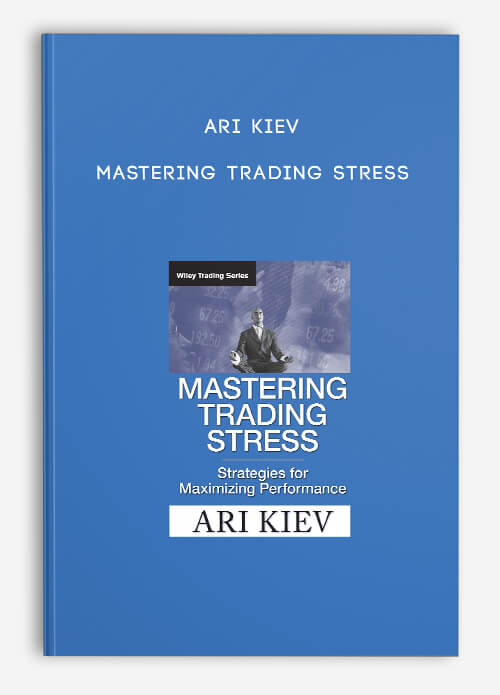

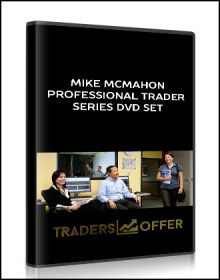
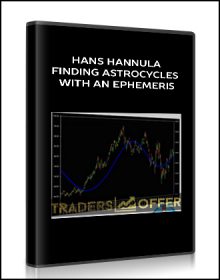
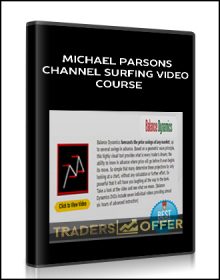
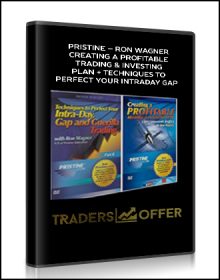
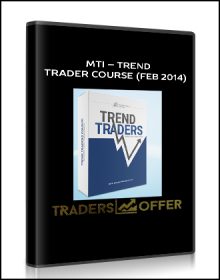
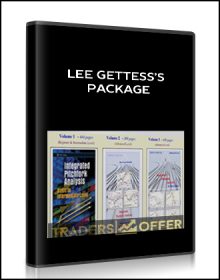
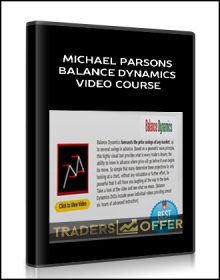
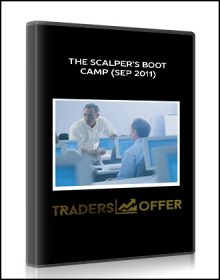
king –
We encourage you to check Content Proof carefully before paying.“Excepted” these contents: “Online coaching, Software, Facebook group, Skype and Email support from Author.”If you have enough money and feel good. We encourage you to buy this product from the original Author to get full other “Excepted” contents from them.Thank you!